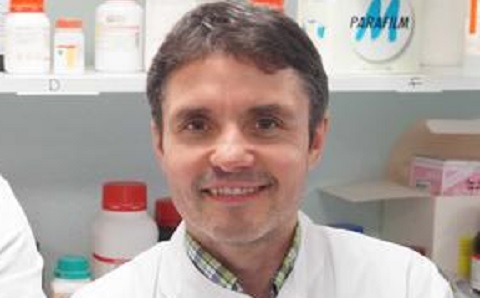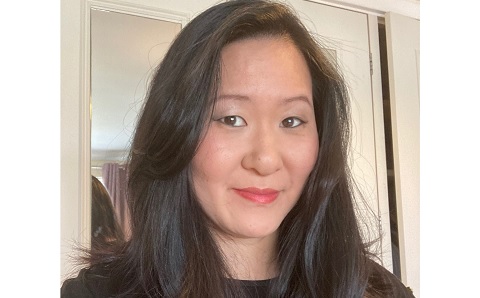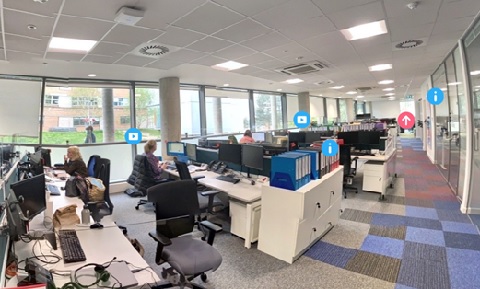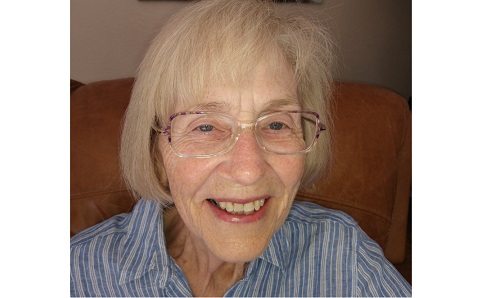
Maggie Fay – trial participant and public contributor
“In 2008 I was diagnosed and treated for oesophageal cancer. My recovery was a long process. During this time, I had been fitted with bio-degradable stents and because of this experience I was approached by the medical team to be a public contributor in a clinical trial for stent effectiveness in oesophageal cancer.
“I willingly agreed and since then have assisted in public contributor roles for many other trials because I believe without research treatments would not progress and survival rates would not increase. Research and clinical trials are necessary to strive for the best and most effective treatments possible.
“There’s so much I enjoy about the role, from meeting interesting people and becoming part of a team whose aim is to improve care and treatment which is relevant to the public. Having a voice heard for the future of public health. There are many roles and activities in which one can be involved.
“I would encourage anyone to give it a try. Research needs the public input and voice to ensure it is valid. There is so much support from the team if you are interested, and everyone’s opinion is valued. You are the public and your opinion is what is needed.
“I’m really proud that I have had the opportunity to assist as a public member in so many areas of research and clinical trials which are continually improving healthcare for us all.”
Maggie is a public contributor on several clinical trials at the Southampton Clinical Trials Unit, and also part of the Wessex Public Involvement Network (Wessex PIN)
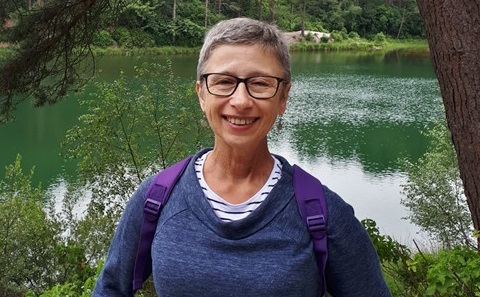
Ali Richards – trial participant and fundraiser
“I'm really proud to have been involved in a trial of a new treatment and hope my participation will help to make a difference. My sincere hope is that through research we can help stop this horrible disease for most, if not all people with cancer.”
“My experience of being part of a trial was great. Everything was clearly explained to me, and I was really cared for throughout by the excellent medical and nursing teams.”
“I would be so happy to know that I have played a small role in developing a treatment to help fight cancer.”
Ali was recently given the all-clear after first being diagnosed with throat cancer in 2016 and taking part in the HARE-40 trial of a therapeutic cancer vaccine. Read more on Ali’s story on our news pages.
